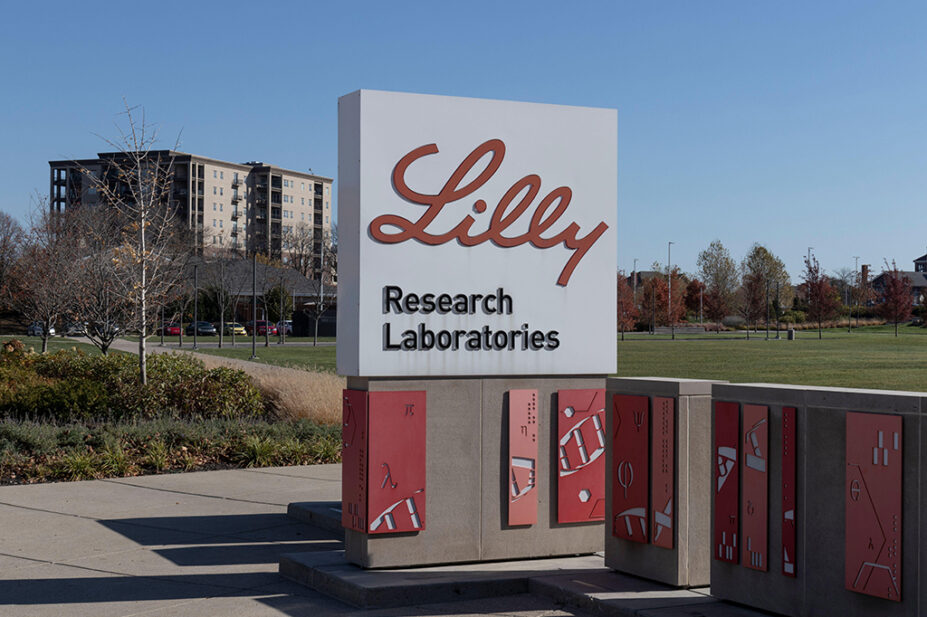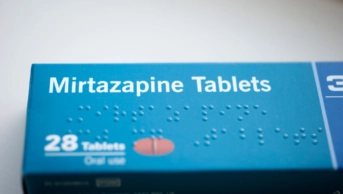
Jonathan Weiss / Alamy Stock Photo
A new Alzheimer’s drug has been found to slow cognitive decline by 35%, following a phase III trial carried out by the manufacturer.
In a statement published on 3 May 2023, Lilly said that its trial results showed that donanemab — an experimental amyloid plaque targeting therapy administered by IV drip — “significantly slowed cognitive and functional decline” in 1,182 people with early symptomatic Alzheimer’s disease (AD).
The results, which have not yet been fully published, also showed that just under half (47%) of the trial participants who received donanemab showed no clinical progression at one year, compared to 29% who received placebo.
Participants on donanemab were also found to have 40% less decline in ability to perform activities of daily living at 18 months and had a 39% lower risk of progressing to the next stage of disease, the statement said.
The trial results from Lilly follow a phase III trial of AD drug lecanemab, carried out by its manufacturer Eisai in September 2022, which showed that patients taking the drug deteriorated 27% more slowly than those who took placebo.
The full results from the donanemab trial will be presented at the Alzheimer’s Association International Conference in July 2023 and submitted for publication in a peer-reviewed clinical journal, the statement said.
Susan Kohlhaas, executive director of research and partnerships at Alzheimer’s Research UK, said the results were “incredibly encouraging, and another hugely significant moment for dementia research”.
“The treatment effect is modest, as is the case for many first-generation drugs, and there are risks of serious side effects that need to be fully scrutinised before donanemab can be marketed and used,” she added.
“However, this news underlines the urgency of preparing the NHS to make these treatments available should regulators deem them safe and effective.”
The statement from Lilly noted side effects in participants who received donanemab, with 24% experiencing brain swelling and 31% experiencing microhaemorrhages.
Ian Maidment, professor in clinical pharmacy at Aston University, who has conducted research into medication management in dementia patients, noted that “there is a complex care pathway for this drug”.
“In the health service, particularly in the current climate, it will be quite challenging: for example, it’s given by infusion, so there’s a lot of infrastructure you’re probably going to need around this drug. Also, it only works in mild dementia as well. So I do think it’s promising, but with those caveats,” he said.
“We need to see more research into drugs for dementia,” he added. “But we need this research to be broader than just the drugs and the clinical trials. Adherence rates are 50% in the real world. There’s no point spending billions of pounds on a drug unless we can work out how it can be used in the real world. So we also need applied research, medicines use in the real world, in addition to developing drugs.”
Mark Mintun, group vice president of neuroscience research and development at Lilly, said: “We are encouraged by the potential clinical benefits that donanemab may provide; although, like many effective treatments for debilitating and fatal diseases, there are associated risks that may be serious and life-threatening.
“We note that these results suggest that people in the early pathological stage of disease could be the most responsive to therapeutics targeting amyloid.”


